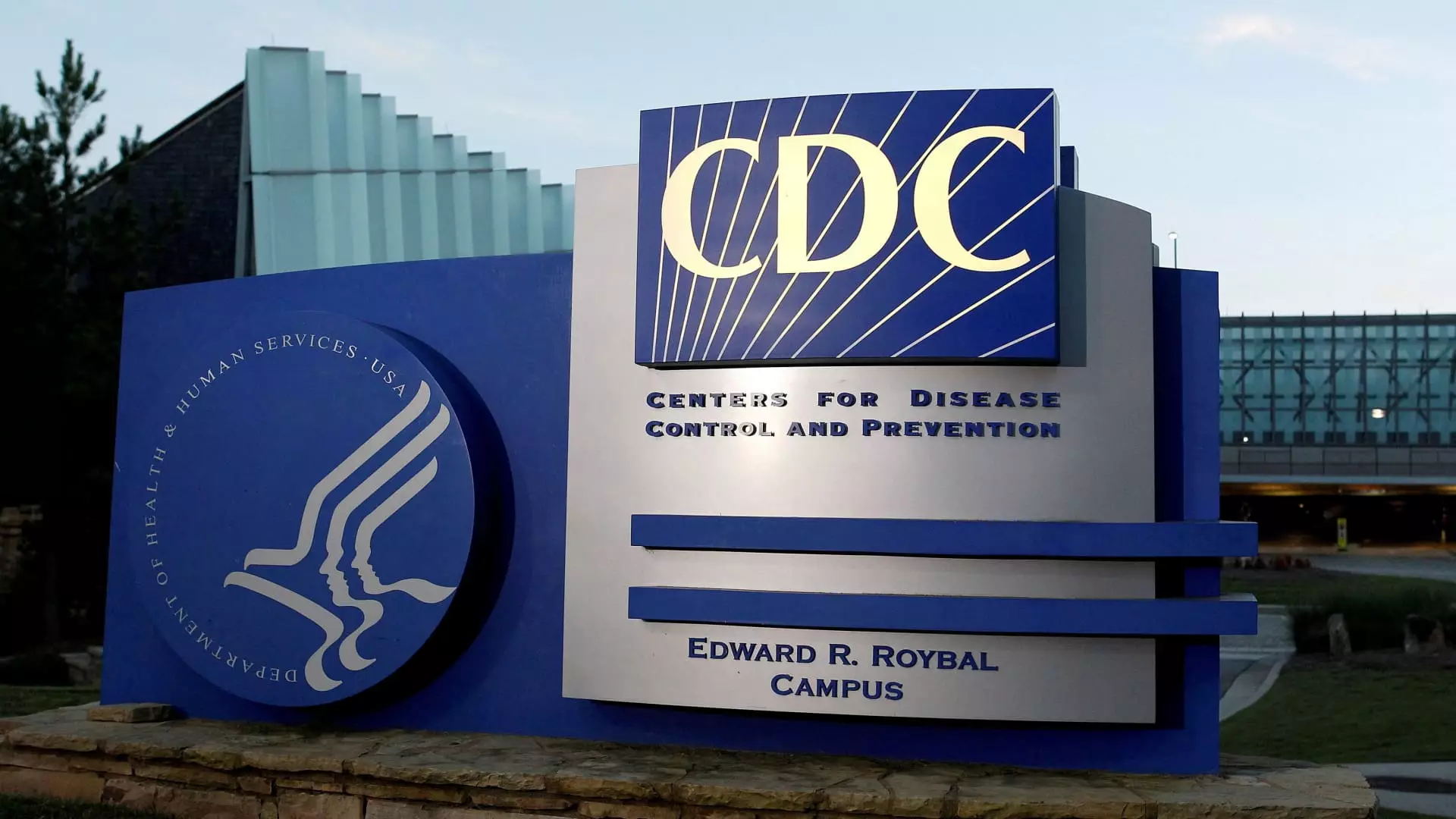In a move that has sent shockwaves through the public health community, a pivotal government advisory panel on vaccines is witnessing an unsettling transformation. Health and Human Services Secretary Robert F. Kennedy Jr. recently purged the Advisory Committee on Immunization Practices (ACIP) of its previous members, replacing them with a cast of vaccine skeptics and critics. This radical shake-up marks a severe deviation from established scientific consensus and threatens to undermine decades of public health achievements. By appointing individuals who question the safety and efficacy of immunizations, Kennedy has introduced a precarious level of uncertainty into vaccine policy and health recommendations that could have detrimental repercussions across the nation.
A Questionable Selection Process
The lack of due diligence in selecting new ACIP members raises significant concerns about the intentions behind this overhaul. Among those appointed is Dr. Martin Kulldorff, who openly states that “vaccines are not all good or bad.” It’s a sentiment that, although nuanced, runs the risk of muddying the waters and sowing seeds of doubt at a time when the public needs clear, evidence-based guidance. His acknowledgment of varied vaccine responses could be misinterpreted as an endorsement of skepticism, which could inadvertently fuel the fire of misinformation that has plagued vaccine discourse in recent years.
The mere presence of individuals like Dr. Robert Malone and Retsef Levi—both known for their contentious positions regarding COVID-19 vaccines—compounds the issue. Their narratives, which have often relied on unfounded claims regarding vaccine safety, risk polarizing public opinion on immunization further. The detrimental impact of such narratives cannot be understated, especially as communities grapple with vaccine hesitancy and misinformation in an age where social media shapes collective beliefs more than established scientific opinions.
The Need for Independent Expertise
The essence of the ACIP has always been its reliance on independent experts who ground vaccine recommendations in rigorous scientific research. Historically, these recommendations have directly influenced both public health policy and insurance coverage for vaccines, effectively promoting a comprehensive vaccination strategy that safeguards public health. However, with new members tied to anti-vaccine sentiment and misinformation, the credibility of the committee’s future recommendations is at stake.
Take Vicky Pebsworth, a nurse with ties to The National Vaccine Information Center—an organization often labeled as a purveyor of vaccine misinformation. Her acknowledgment of investments in healthcare funds that include vaccine manufacturers presents a clear conflict of interest; whether or not her holdings fall beneath regulatory thresholds is largely irrelevant when it comes to public trust. Can anyone truly believe that her recommendations will not be influenced by vested interests or a pre-existing bias against vaccination?
The Stakes of Misguided Policy
As the newly constituted ACIP conducts meetings to review recommendations for COVID-19 vaccines, RSV shots, and influenza, the stakes are considerably high. The fate of vaccine access and public health measures hangs in the balance. Misguided advice shaped by ideology rather than evidence could lead to real-world consequences, including increased illness and death rates due to preventable diseases. Individuals like Dr. Kulldorff claim a desire to provide evidence-based recommendations, but the overarching influence of skeptical voices within the new cohort raises questions about the integrity of those recommendations.
Public health advocates across the political spectrum, including centrist liberals like myself, recognize the importance of cautious governance that relies on scientific consensus. As policymakers consider the recommendations post-meeting, a call for transparency and an unwavering commitment to public health must resonate louder than the echo of skepticism. The dangers of misinformation cannot be amplified by those who should be leaders in promoting health and safety in our communities.
The current trajectory leading from Kennedy’s appointments to potential policy outcomes is cause for alarm and underscores the critical need for a return to science-driven public health dialogue. Robust engagement anchored in proven data is imperative for rallying communities around vaccination, the cornerstone of preventive health measures in the modern world.

